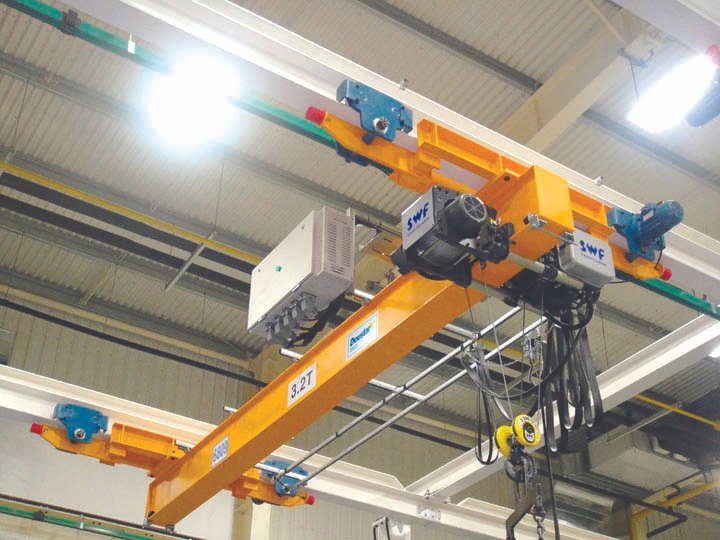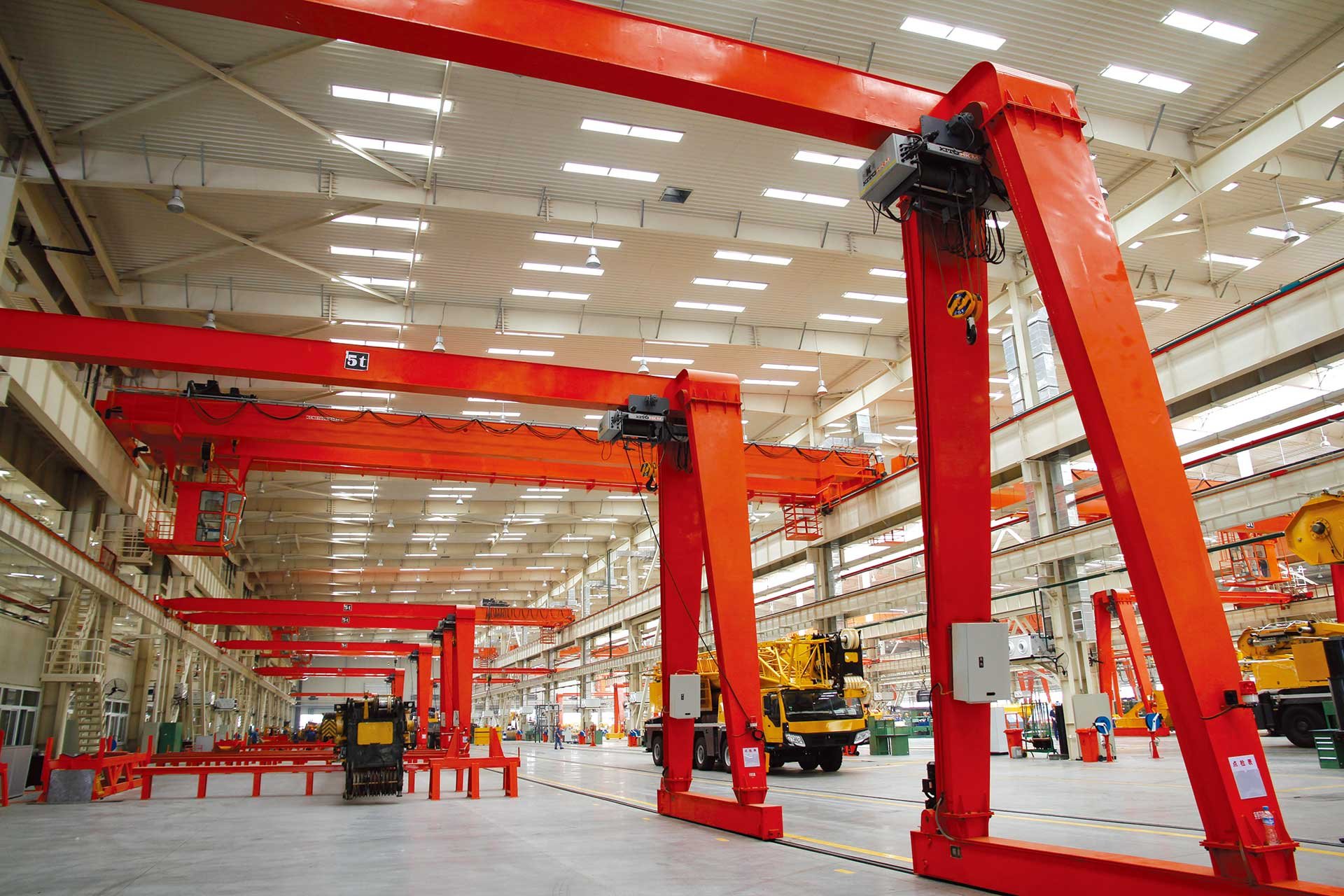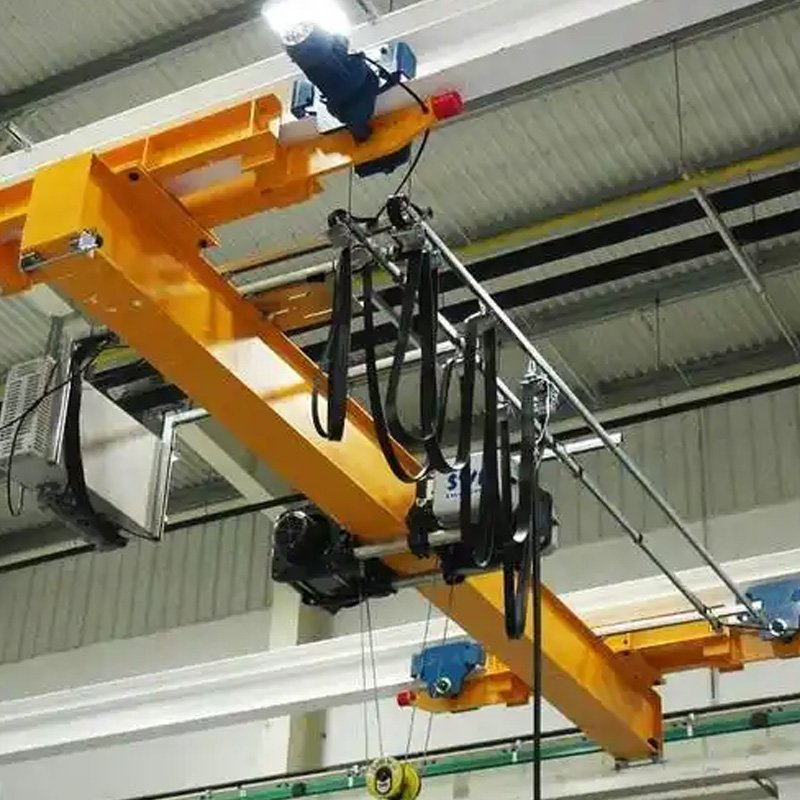Overhead cranes play a vital role in industrial operations, from manufacturing plants to warehouses and construction sites. Ensuring these cranes operate efficiently and safely depends largely on the proper maintenance of their components. Regular care and attention to overhead crane parts not only extend the lifespan of the equipment but also minimize downtime and prevent costly repairs. This article explores practical tips and best practices to maintain overhead crane parts effectively, helping operators and maintenance teams maximize performance.
Understanding Key Overhead Crane Parts
Before diving into maintenance techniques, it’s important to understand the main components of an overhead crane and their functions:
- Hoist: The lifting mechanism responsible for moving loads vertically. Proper care of the hoist ensures smooth lifting and prevents accidents.
- Trolley: Moves the hoist horizontally along the bridge. Trolley alignment and lubrication are essential for smooth motion.
- Bridge: The main beam that supports the hoist and trolley. Maintaining the bridge prevents structural stress and ensures even load distribution.
- End Trucks: Wheels located at each end of the bridge, allowing the crane to travel along runway rails. Proper alignment and wheel inspection are crucial.
- Runway Rails: Tracks on which the crane moves. Keeping rails clean and properly aligned prevents wear on the wheels and reduces operational strain.
- Electrical Components: Includes control panels, wiring, and motors. Regular checks prevent electrical failures and ensure safe operation.
Understanding these components helps operators focus maintenance efforts where they matter most.
Regular Inspection Practices
Regular inspections are key to identifying potential issues before they become serious problems. For overhead crane parts, inspections should include:
- Hoist and Wire Rope: Check for fraying, corrosion, or broken strands. Replace damaged ropes immediately to prevent accidents.
- Trolley and Bridge: Inspect for smooth movement and lubrication levels. Look for unusual noises or resistance during operation.
- End Trucks and Runway Rails: Ensure wheels are properly aligned, free of debris, and in good condition. Misalignment can cause uneven wear or structural damage.
- Electrical Systems: Examine wiring, switches, and motor performance to avoid unexpected failures.
Maintaining a log of inspection results and scheduling periodic professional evaluations helps maintain the crane’s overall performance and safety.

Lubrication and Cleaning Tips
Lubrication and cleaning are essential for keeping overhead crane parts in optimal condition. Proper lubrication reduces friction, prevents wear, and ensures smooth operation. Key areas to focus on include:
- Wire ropes and hoist gears
- Trolley wheels and bridge bearings
- End truck wheels and axles
Regular cleaning removes dirt, dust, and corrosion that can impair performance. Use appropriate lubricants recommended by the manufacturer and avoid over-lubrication, which can attract debris. Consistent attention to lubrication and cleanliness prolongs the life of moving parts and reduces maintenance costs.
Component Replacement and Upgrades
Certain crane components are more prone to wear and require periodic replacement, including:
- Wire ropes and chains
- Brake pads and friction components
- Electrical switches and contactors
Timely replacement prevents unexpected failures and maintains safety standards. Additionally, upgrading components, such as using high-durability wire ropes or modern control systems, can enhance performance, efficiency, and safety. Regularly evaluating parts for wear and implementing upgrades ensures the crane continues to operate at peak efficiency.
Training and Operator Awareness
Even the best-maintained crane can fail if operated improperly. Operators must be aware of the condition of overhead crane parts and understand proper handling techniques. Key points include:
- Avoid overloading the crane beyond its rated capacity
- Follow proper start, stop, and load-handling procedures
- Report unusual noises, vibrations, or movements immediately
Training programs and refresher courses help operators identify potential issues early and promote a culture of safety. Empowered and knowledgeable operators play a critical role in extending the life of crane components.

Conclusion
Maintaining overhead crane parts is crucial for ensuring safe, efficient, and long-lasting crane operations. Regular inspections, proper lubrication and cleaning, timely replacement of worn components, and operator training all contribute to the longevity and reliability of overhead cranes. Implementing a proactive maintenance plan not only enhances safety but also reduces downtime and repair costs.
For companies seeking to maximize the performance of their lifting equipment, consulting experienced crane solution providers can offer tailored maintenance guidance and reliable component sourcing. Ensuring that your overhead crane parts are well-maintained protects your investment and keeps your operations running smoothly.
Email: yonghaoqizhong@163.com





